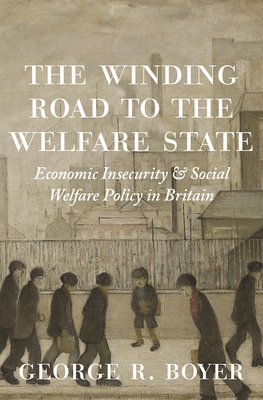Expedite your nonfiction book discovery process with Readara interviews, summaries and recommendations, Broaden your knowledge and gain insights from leading experts and scholars
In-depth, hour-long interviews with notable nonfiction authors, Gain new perspectives and ideas from the writer’s expertise and research, Valuable resource for readers and researchers
Optimize your book discovery process, Four-to eight-page summaries prepared by subject matter experts, Quickly review the book’s central messages and range of content
Books are handpicked covering a wide range of important categories and topics, Selected authors are subject experts, field professionals, or distinguished academics
Our editorial team includes books offering insights, unique views and researched-narratives in categories, Trade shows and book fairs, Book signings and in person author talks,Webinars and online events
Connect with editors and designers,Discover PR & marketing services providers, Source printers and related service providers

The Winding Road to the Welfare State: Economic Insecurity and Social Welfare Policy in Britain
Business & Economics > Economics - General
- Princeton University Press
- Paperback
- 9780691217116
- 9.8 X 6.1 X 1 inches
- 1.15 pounds
- Business & Economics > Economics - General
- (Single Author) Asian American
- English
Readara.com
Book Description
How did Britain transform itself from a nation of workhouses to one that became a model for the modern welfare state? The Winding Road to the Welfare State investigates the evolution of living standards and welfare policies in Britain from the 1830s to 1950 and provides insights into how British working-class households coped with economic insecurity. George Boyer examines the retrenchment in Victorian poor relief, the Liberal Welfare Reforms, and the beginnings of the postwar welfare state, and he describes how workers altered spending and saving methods based on changing government policies.
From the cutting back of the Poor Law after 1834 to Parliament's abrupt about-face in 1906 with the adoption of the Liberal Welfare Reforms, Boyer offers new explanations for oscillations in Britain's social policies and how these shaped worker well-being. The Poor Law's increasing stinginess led skilled manual workers to adopt self-help strategies, but this was not a feasible option for low-skilled workers, many of whom continued to rely on the Poor Law into old age. In contrast, the Liberal Welfare Reforms were a major watershed, marking the end of seven decades of declining support for the needy. Concluding with the Beveridge Report and Labour's social policies in the late 1940s, Boyer shows how the Liberal Welfare Reforms laid the foundations for a national social safety net.
A sweeping look at economic pressures after the Industrial Revolution, The Winding Road to the Welfare State illustrates how British welfare policy waxed and waned over the course of a century.
Author Bio
George R. Boyer is the Martin P. Catherwood Professor of Industrial and Labor Relations and Professor in the Departments of Economics and International and Comparative Labor in the ILR School at Cornell University.
He came to Cornell in 1982, after receiving his Ph.D. in Economics at the University of Wisconsin. He is the author of The Winding Road to the Welfare State: Economic Insecurity and Social Welfare Policy in Britain (Princeton University Press, 2018), An Economic History of the English Poor Law, 1750-1850 (Cambridge University Press, 1990), and of numerous articles in the field of economic history. He currently is the Senior Associate Dean for Academic Affairs in ILR.
For the past nineteen years he has served as ILR's Director of Teaching. He has served as an Associate Editor of the Industrial and Labor Relations Review and on the editorial boards of the Journal of Economic History and of Social Science History. He also has served as the Chair of the Department of Labor Economics and of the Department of International and Comparative Labor.
Professor Boyer's current research examines various aspects of British labor markets from the late eighteenth century to 1950, including trends in working class living standards, the beginnings of the gig economy, the economics of public poor relief and private charity, and unemployment and underemployment.
Professor Boyer's teaching includes undergraduate courses on the Development of Economic Thought and Institutions, the Evolution of Social Policy in Britain and America, and Twentieth Century Economic History.
Source: Cornell University
Videos
No Videos
Community reviews
No Community reviews

